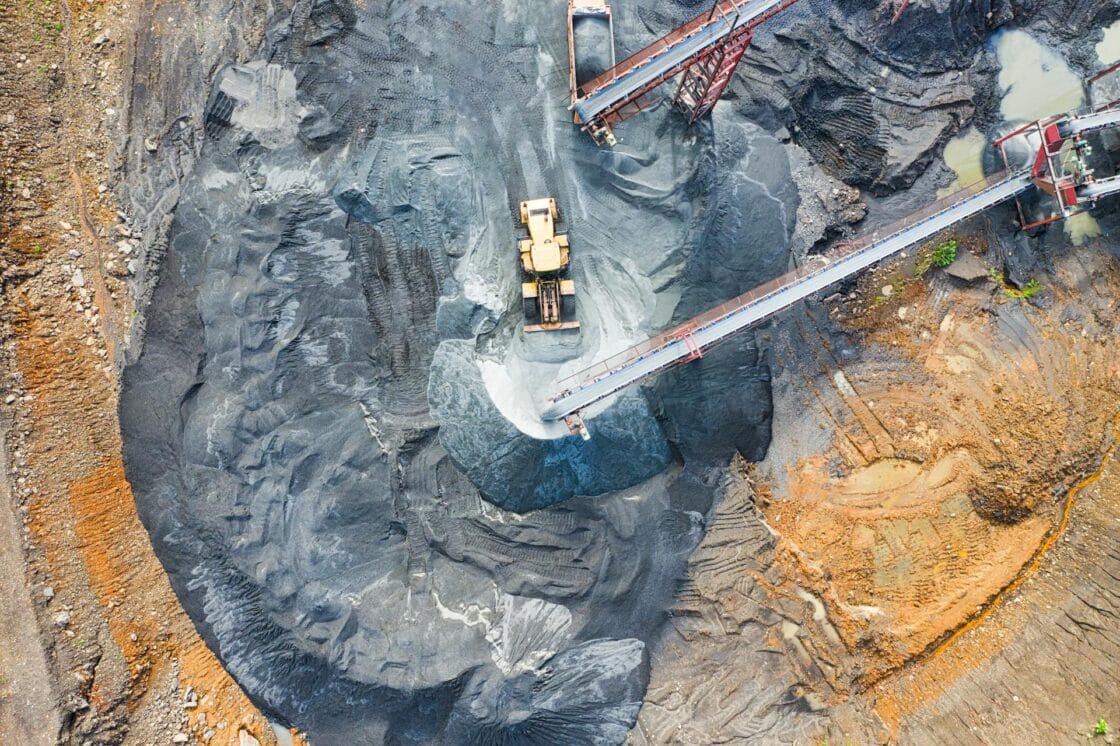The EU is building a new system that combines climate and trade policy: the Carbon Border Adjustment Mechanism and the end of free allocation in the EU Emissions Trading System (ETS) go hand in hand. The aim is to reduce emissions without undermining industrial competitiveness or causing production to move outside the EU.
What does the Carbon Border Adjustment Mechanism mean?
The Carbon Border Adjustment Mechanism, or CBAM, is a system designed to prevent carbon leakage by imposing a carbon-based payment on imported products based on their production emissions. Carbon leakage refers to the risk that emission-intensive industries would move their production from the EU to other countries where carbon is not priced.
In practice, CBAM works like a carbon tax on imports: if an imported product is manufactured in a country where there is no price on greenhouse gas emissions, the EU adds a corresponding cost at the border. If, on the other hand, the country of origin already has its own emissions trading system or similar, the carbon price already paid in the country of origin will be deducted from the CBAM charge. CBAM will initially apply to steel, cement, aluminum, fertilizers, and electricity, among other things, and it will move from its transitional phase into the definitive phase January 1st 2026.
What is free allocation?
In the EU emissions trading system, some of the emission allowances have been allocated free of charge to emission-intensive industries to prevent carbon leakage. However, this has only been a temporary solution, and the EU plans to phase out free allocation between 2026 and 2034, when CBAM will replace its protective effect.
Why the schedule must not be delayed
If free allocation continues, CBAM will lose its effectiveness and EU climate policy will be undermined. CBAM and the end of free allocation complement each other:
- If CBAM comes into force without the end of free allocation → EU producers will gain an unfair advantage.
- If free allocation is phased out without CBAM → imports will gain an unfair advantage.
Therefore, both must be implemented simultaneously and predictably. The figure below illustrates how free allocation will be phased out gradually at first and then at an accelerating pace. CBAM legislation will come into force in October 2023, so this change in climate policy will come as no surprise to anyone.

Impact on industry
When emission allowances are no longer free, it will be in emission-intensive industries’ interest to invest in low-emission technologies such as:
- hydrogen-reduced steel
- electrification and energy efficiency
- use of recycled materials
Pioneers will benefit when the price of carbon rises and the competitive advantage of polluting production disappears. That is why Nordic steelmakers, together with a few other key players, have formed the Nordic near-zero emissions steel group, which lobbies for the EU to stay the course and not stray from its ambition regarding its climate policy . Steelmakers in the Nordic countries have taken action and invested in the decarbonization of the steel industry, while EU member states such as Germany, the European steel industry association Eurofer, and ArcelorMittal, Europe’s largest and the world’s second-largest steel producer, are putting the brakes on and lobbying for the continuation of free allocation of emission allowances, citing, for instance, a difficult market situation and high energy prices.
The phase-out of free allocation and CBAM must not be abandoned
The parallel progress of the carbon border adjustment mechanism and the phasing out of free allocation will make the EU’s climate policy effective, fair, and predictable. Delays jeopardize the credibility of EU climate policy and the transition to low-emission industry before the new groundbreaking climate policy tool has even been tested in practice.
That is why Just Shift, together with several other European climate CSOs, is appealing to the European Commission for climate policy to proceed according to the planned schedule and not be thrown under the omnibus*.
*The European Commission has called omnibuses its proposals to “simplify” for instance corporate responsibility and environmental legislation, which in practice means watering them down.
